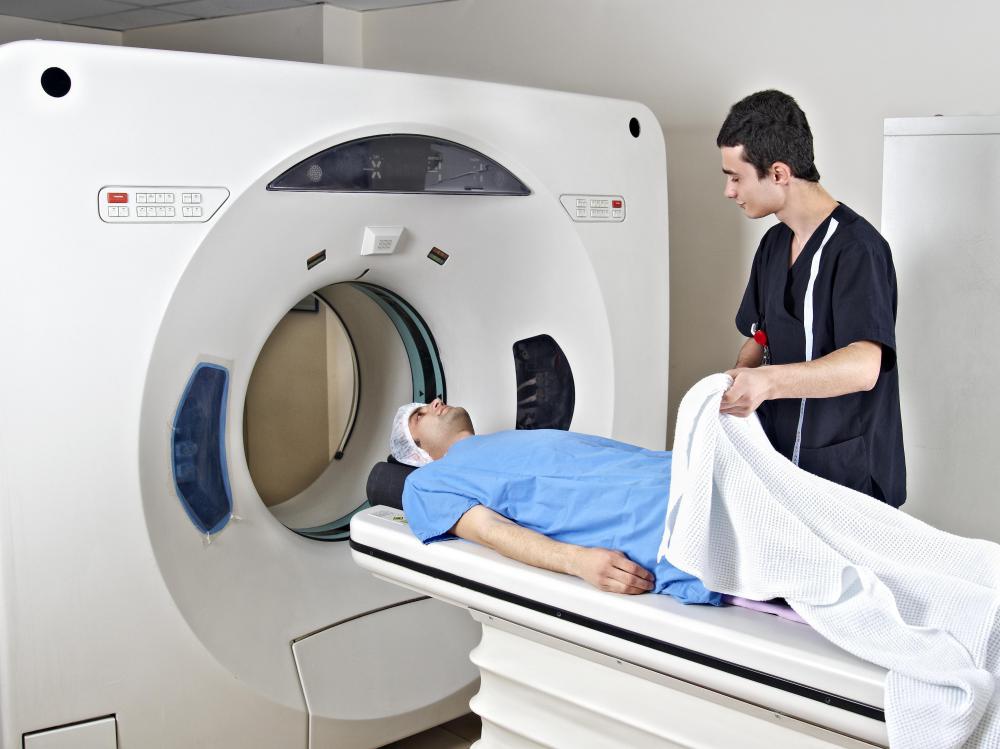At WiseGEEK, we're committed to delivering accurate, trustworthy information. Our expert-authored content is rigorously fact-checked and sourced from credible authorities. Discover how we uphold the highest standards in providing you with reliable knowledge.
What is Glossopharyngeal Neuralgia?
Glossopharyngeal neuralgia is a rare disorder in which pressure on the glossopharyngeal nerve causes extreme pain around the mouth, throat, ear, tonsils, or tongue. The duration of the sharp pain can vary, and patients may experience recurrent pains or only one bout of pain, depending on the cause for the condition. There are a number of potential treatments for glossopharyngeal neuralgia which can be discussed with a neurologist.
This condition is most commonly seen in men, usually over the age of 40. It can be caused by a growth near the glossopharyngeal nerve, also known as the ninth cranial nerve, or by an abnormally positioned artery which puts pressure on the nerve. This nerve, which is responsible for innervating the throat and mouth, becomes confused as a result of the pressure and sends pain signals to the brain even though nothing is actually happening. The pain can be so severe that the patient is totally incapacitated, and in some cases patients develop seizures or go into cardiac arrest.

As with other facial neuralgias, glossopharyngeal neuralgia can be diagnosed with the assistance of medical imaging studies which will visualize the area of interest, looking for abnormalities. A growth will show up on an MRI or CT scan, while vascular abnormalities can be revealed with an arteriogram. In some cases, the cause may not be immediately obvious, with nothing appearing to interfere with the function of the ninth cranial nerve.

Patients with glossopharyngeal neuralgia are usually given pain management medications to reduce the pain when their confused glossopharyngeal nerves fire. Anticonvulsant medications also appear to be effective in the treatment of this condition, and using such medications will reduce the risk of developing seizures. In severe cases, it may be necessary to perform surgery to relieve the pressure on the nerve, with the surgeon classically entering the skull behind the ear to expose the nerve and remove the source of pressure.

The prognosis for a patient with a glossopharyngeal neuralgia diagnosis can be very good. If the doctor can find the cause of the neuralgia and address it, the patient will make a complete recovery. In the event that the cause is more challenging to identify, medications can be used to manage the condition, keeping the patient comfortable and reducing the number and severity of painful episodes. Even if patients only experience mild pain, it is important to consult a neurologist because glossopharyngeal neuralgia can be a symptom of a serious neurological problem.
AS FEATURED ON:
AS FEATURED ON:














Discuss this Article
Post your comments